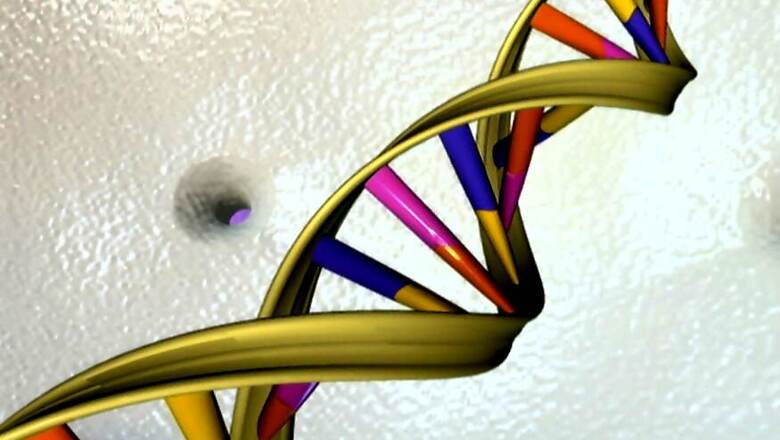
views
India has recently proposed DNA database legislation that is currently being considered by the Indian Parliament. India should be commended for bringing this legislation forward. The use of DNA databases is a powerful tool to combat crime, especially sexual assault.
This legislation has the capacity to solve and prevent crime and exonerate the innocent. As one of the world’s technologically advanced countries, it is exciting that India is considering passing this legislation and becoming a member of the long list of countries that use criminal DNA databases to successfully fight crime.
While, the benefits of DNA databases to solve and prevent crime are obvious, some may oppose DNA databases due to privacy concerns. Privacy is an important issue that we should all cherish and consider when developing DNA databases. Typical privacy concerns that have been raised with the implementation and use of DNA databases are built on the opinion that DNA contains too much personal information. With the genetic markers employed by the worldwide forensic genetics community for routine DNA typing, this concern is misplaced.
It is important to understand that the routinely used forensic genetic markers that distinguish between people and that which are uploaded into the database do not contain information about a person’s healthcare or other personal information. In fact, when I was selecting the genetic markers that are the core systems for the United States (and subsequently many other countries), the selection was based on the criterion that they would not convey personal or private information.
In addition to knowing that the genetic markers and methods chosen to support forensic DNA databases are designed to protect against the violations of privacy, India will benefit from the privacy experiences of the fifty-nine countries that have preceded India in setting up national DNA database programs. These countries have all adopted procedures that address security and privacy. The most frequently referenced procedural guidelines is the FBI National DNA Index System (NDIS) Operating Procedures.
These guidelines were developed through a collaborative process among hundreds of forensic scientists, with input from policy makers and the legal community. They have been utilized in many of the fifty-nine countries. I am aware that the Indian government has carefully reviewed the NDIS Operating Procedures and plans to include similar privacy standards in its regulations when implementing the legislation.
India’s drafted legislation protects privacy. When the Indian regulators add the privacy standards such as those in the NDIS Operating Procedures during implementation phase, India will have a DNA database program that will effectively match the privacy standards in the other countries committed to privacy.
Twenty-three years have passed since the United Kingdom became the first country to establish a national criminal DNA database program. Since then, fifty-nine countries have moved forward, and there are now over 100 million criminal offender DNA samples that have been tested and uploaded into their respective country’s database. The global privacy standards on forensic DNA databases have been effective. Based on the science of DNA typing, the type of tests that are preformed, and the policies that are in place to protect privacy, it is not surprising that there has not been one instance, that I am aware of, in which any of the 100 million samples have been used in an inappropriate manner.
In my experience, once a country establishes a criminal offender DNA database, it is used daily to identify criminals. In the US alone, the database has reported over 425,000 hits. The amount of crime that is solved and in turn prevented throughout the world with DNA database is truly impressive. With the experience of the many countries that preceded India in developing criminal DNA databases, India can quickly position itself to become the 60th country to have a DNA database program and further provide its citizens with the safety and security enjoyed by addressing and solving crime, while at the same time not sacrificing personal privacy.
The writer is the executive director of the Center for Human Identification Professor and Vice Chair, Department of Microbiology, Immunology, and Genetics, University of North Texas Health Science Center.


















Comments
0 comment